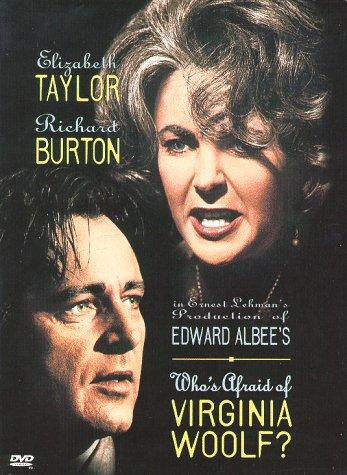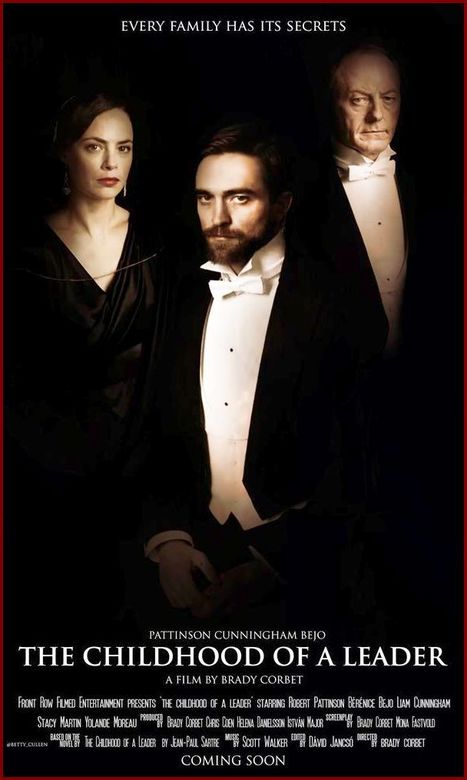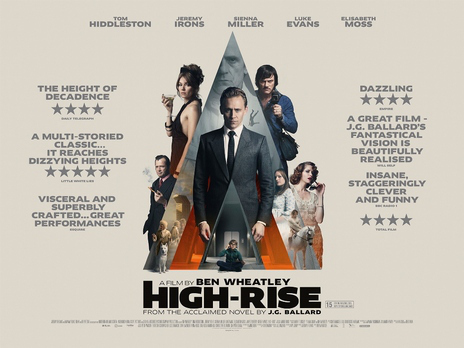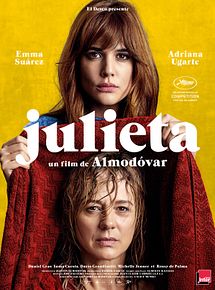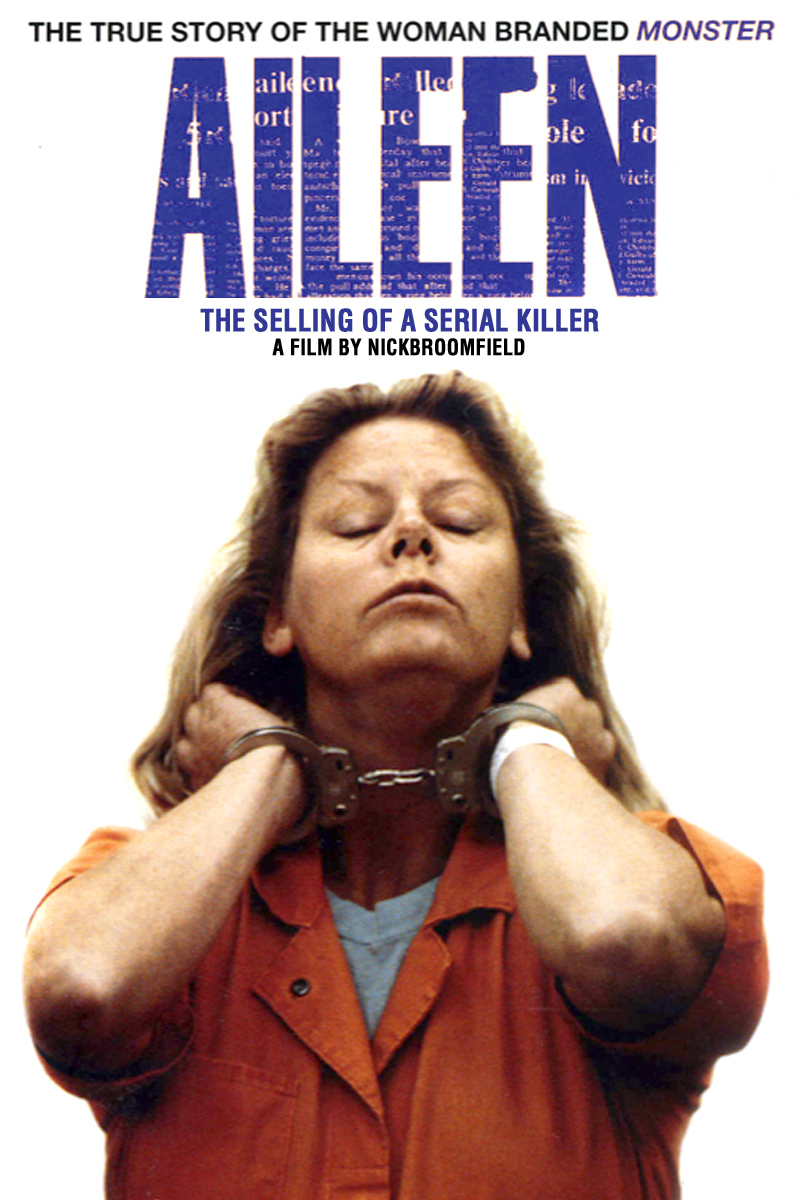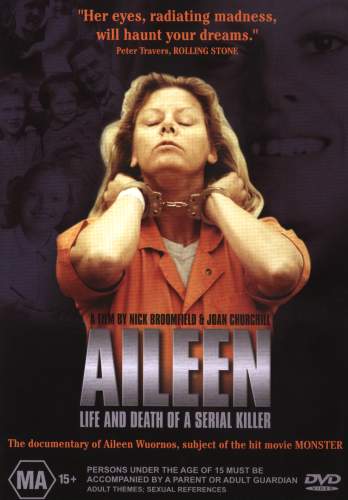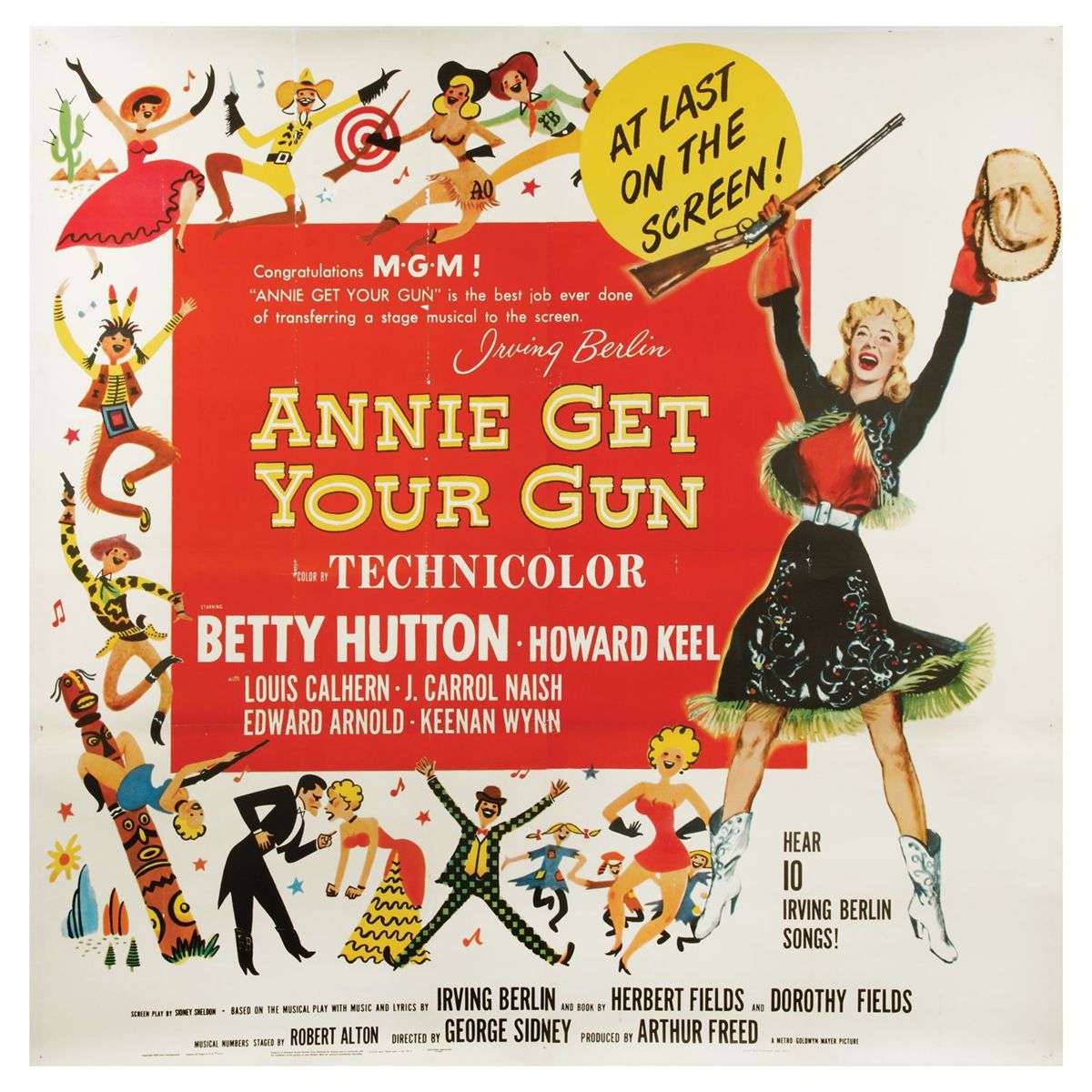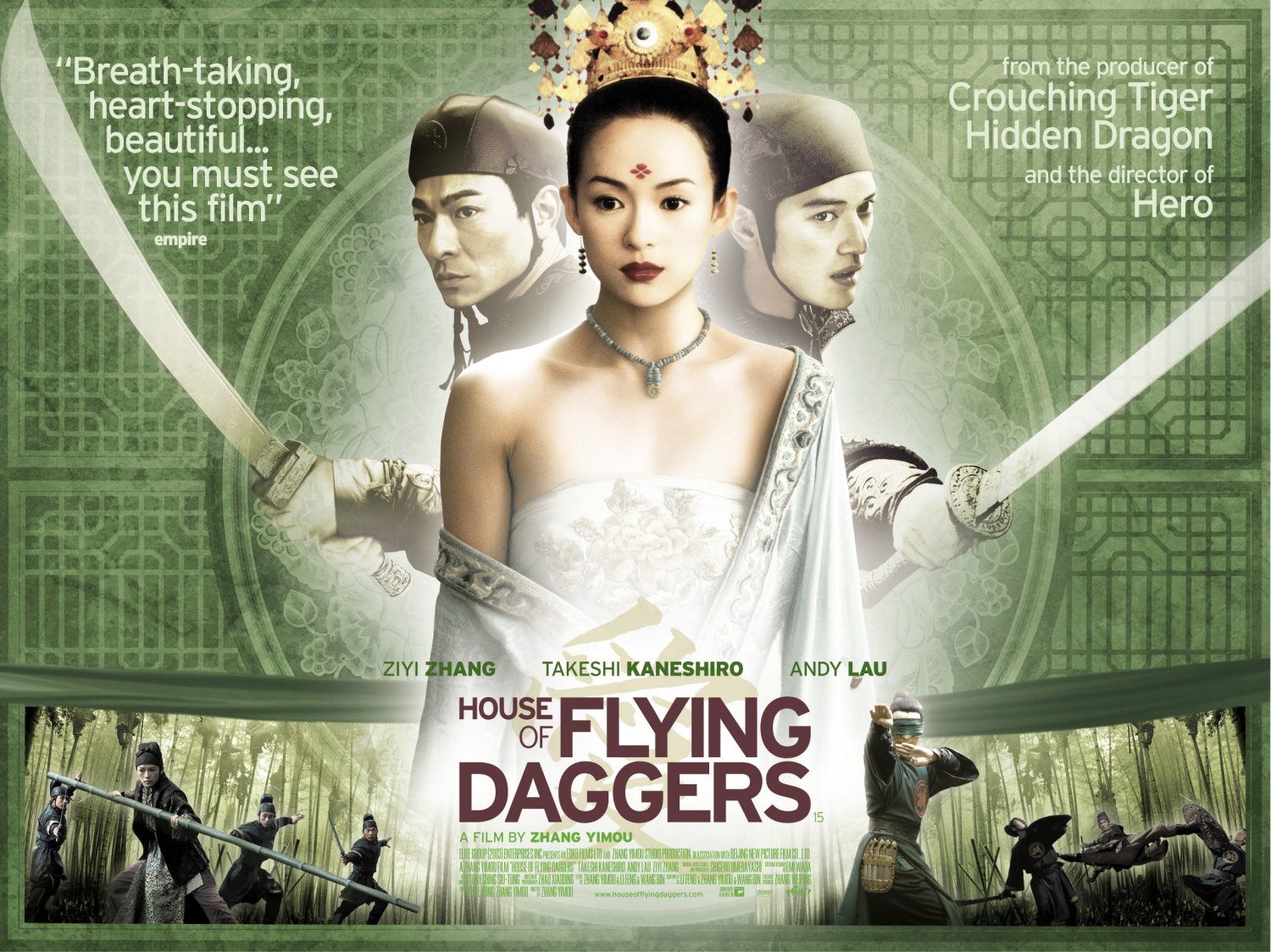
Director: Zhang Yimou
If you enjoyed Ang Lee's Crounching Tiger, Hidden Dragon, you are almost guaranteed to like House of Flying Daggers. Not only is its another wuxia film (though this time without the flying, despite the film's title), but its also stars Zhang Ziyi who was so brilliant in Crouching Tiger. Here she plays a blind dancer called Mei, who is believed to be the daughter of the leader of the outlawed group House of the Flying Daggers, who are battling the corrupt Tang Dynasty. She is arrested, then freed by Jin, who is acting as a double-agent, pretending to be sympathetic to the group's cause in order to infiltrate it. He falls in love with Mei, who seems to return his affections, while remaining weary of him.
This is one of the most visually stunning films I have seen, and if you can watch a Blu-ray copy (or even better, see it on a big screen), do so. Yimou uses colour to breathtaking effect; action scenes are set in autumnal orange forests, serenely green bamboo forests and the climatic encounter is staged as a blizzard turns everything white. The costumes are also eye-catching, particularly the robes Mei wears during her drum dance. The action sequences are as balletic and beautiful as the dance Mei performs early on, with each setpiece distinctive from the other.
This is a great film, both narratively and stylistically. It puts many Western action films to shame with its emphasis on the beauty of the images, especially the fight scenes, and its selective use of CGI; knives, arrows and beans are animated, but humans perform the action scenes. It is romantic, funny, intelligent, exciting, and incredibly gorgeous to look at.

